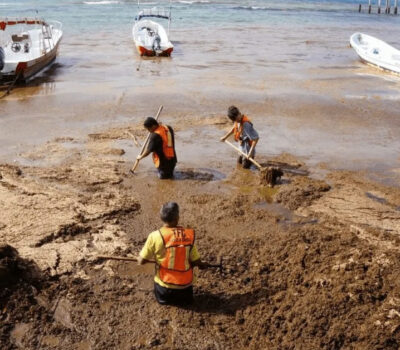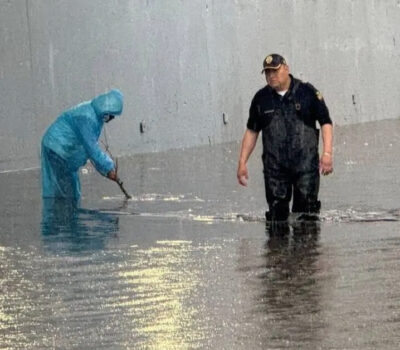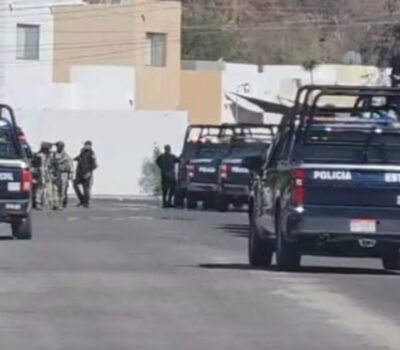Low minimum-wage hurts the Mexican economy as many people make more money working “under the table”, an estimated 60% of working people, and not paying taxes.
National attention in Mexico has focused on the country’s shockingly low minimum wage after the Mexico City government suggested it could act to increase the local minimum.
The debate has highlighted widespread dissatisfaction with the minimum wage of 67.29 pesos per day, or about $5. But suggestions that it be raised have drawn howls of protest from business chambers, who say raising it would only spur inflation.
In a country where the Constitution says the minimum should be sufficient to provide for the basic needs of a worker and his or her family, today’s minimum wage in fact buys about a single hamburger meal at a chain restaurant.
Mexico’s minimum wage is among the lowest in the hemisphere, comparable only to Honduras, the poorest nation in Central America. However, lower food prices in Honduras make that wage go further there.
Experts say about 6.5 million workers in Mexico currently earn the minimum wage, or about 13 percent of the workforce. During the oil boom of the mid-1970s, those earning it almost made ends meet. But during economic crises in the 1980s, 1990s and in 2008, the government held down wage increases to revive the economy, something that has worked to some extent in sectors like Mexico’s booming auto industry. Mexican autoworkers now earn less, in many cases, than their counterparts in China.
“We have fallen 35 years behind in terms of wages,” Mexico City Mayor Miguel Angel Mancera said earlier this week, igniting the debate. “We can only buy 23 percent of what one could buy in the 1970s.” While he acknowledged the city government can’t set wage policy alone, Mancera said he would try to reach a voluntary agreement with businesses in the city to get wages hiked.
Many Mexicans who earn close to the minimum said Friday their lives are a struggle to make ends meet.
Martina Marin Espinosa, 50, a single mother with a 17-year-old daughter, works six days a week as a street sweeper in Mexico City’s downtown district, and makes just over the minimum wage, about $5.70 per day. “I just work for my daughter, to get her ahead in life. I don’t expect anything for myself,” said Marin Espinosa.
Like most here, she is able to get by on such low wages only because of the country’s fallback support system: the family. She lives rent-free with her two brothers in a slum on the outskirts of the city.
With only a grade-school education, she is now proud that her daughter is going to high school, though that brings up her biggest problem: clothes. “Girls that age like nice clothes,” and Marin Espinosa.
Experts estimate the minimum wage would have to be at least $14.50 a day to provide food and basic necessities for an average family, and up to $41.50 if rent and other expenses are included.
Juan Pablo Castanon, the president of the national employer’s federation, a business group, wrote in a statement that “we businessmen agree on the need to increase the real wages of workers, but we say the real discussion on how to do that has to do with getting more people into the formal sector,” and out of the vast network of ‘informal’ work as street vendors and unregistered farm workers.
With wages low in formal jobs, most Mexicans opt to work under table, where they can earn as much in a few hours of hawking newspapers or pre-paid telephone cards, as a minimum-wage worker makes in a whole day. The business sector thinks the vendors hurt the economy, because most usually don’t pay taxes.
Last month, the government released a study showing that almost 60 percent of Mexico’s workforce was in the informal economy.
Gerardo Gutierrez Candiani, the president Mexico’s Business Coordinating Council, says the worst thing that could happen would be an increase in wages by decree. “The two fundamental ingredients we need for growth is macroeconomic stability … and sustained economic expansion,” he wrote in a statement.
Low minimum-wage hurts the Mexican economy as many people make more money working "under the table", an estimated 60% of working people, and not . . .










